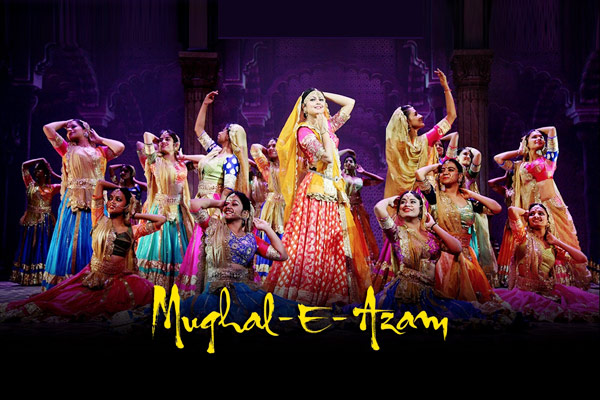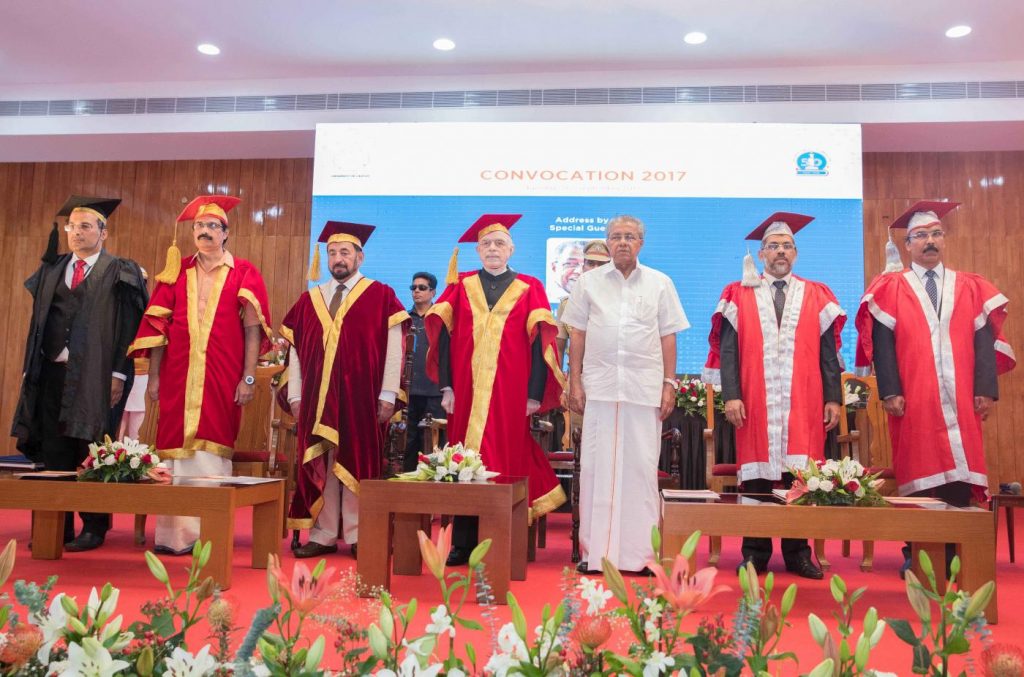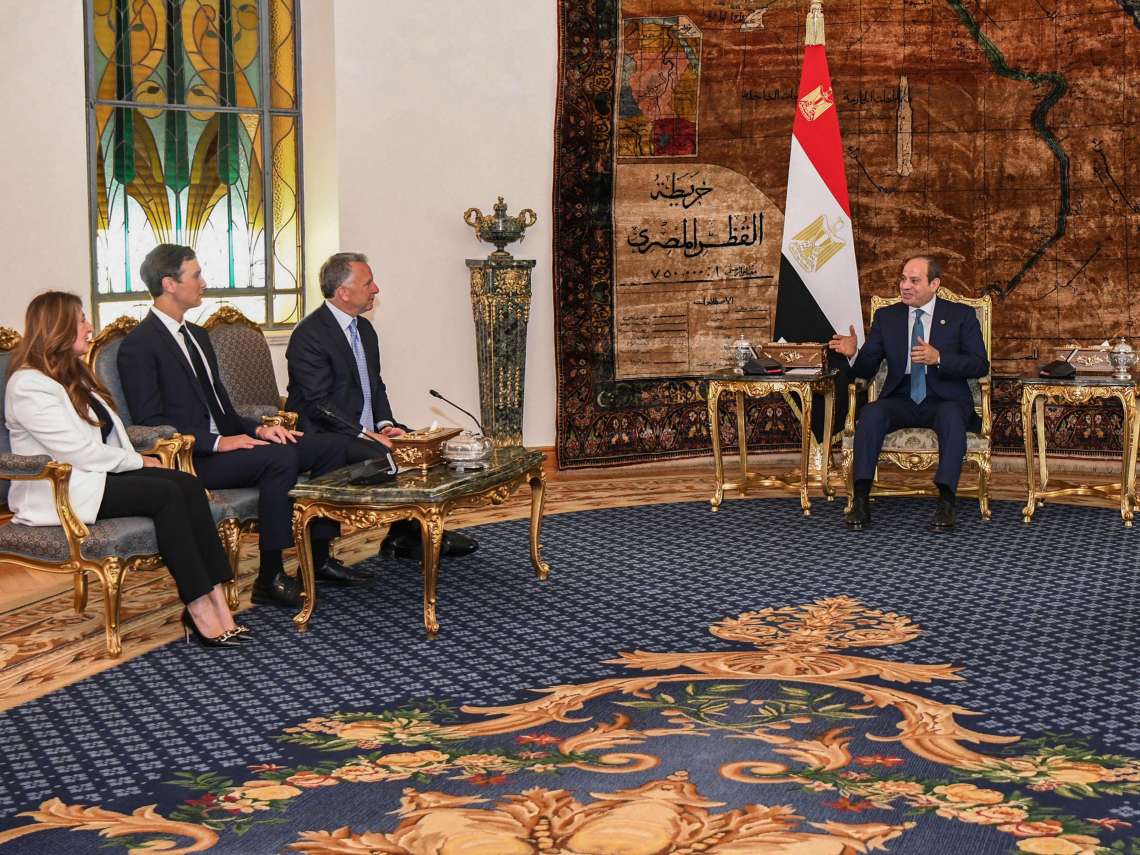The musical version of mother of all Bollywood Movies will arrive in Dubai. From screen to stage: Recreating the stage version of K. Asif’s magnum opus ‘Mughal-e-Azam.’ Asian Lite’s Richa Grover in conversation with Producer Deepesh Salgia, director of Shapoorgi Pallongi Group, on his journey and vision of creating this larger than life project which has taken Indian theatre goers by the storm.
How did u feel when you were approached to produce this grand musical and how and why did you decide to be the producer for this tell us about that decision making journey ?
 I have been handling the brand Mughal-e-Azam for the last twenty years. In 2004, we made the film in colour. Later released special books on its script, on its making etc. And then we were looking for the next big idea for the brand.
I have been handling the brand Mughal-e-Azam for the last twenty years. In 2004, we made the film in colour. Later released special books on its script, on its making etc. And then we were looking for the next big idea for the brand.
When ace director Feroz Abbas Khan came with the idea of musical, it therefore immediately clicked. Mughal-e-Azam was originally a play. It was made into a film by K Asif as then only cinema had that scale. But today with technology even a play can match that scale.
Our pre-condition for doing the musical, therefore, was that the scale and Production Values should match the aspirations and expectations that audience has with the Brand Mughal-e-Azam. And money should not be the barrier in expression of art. Feroz reworked the designs and therefore becoming the producer was our natural choice.
How long did it take to make this musical and what are all the other showings that are being set up in India and abroad for this musical extravaganza ?

After the scripting was complete then from the first rehearsal to the first show it just took two and half months. And I must give credit to our Production Heads Namrata and Suparna for their efficiency. After the phenomenal success both in Mumbai and in Delhi, we now plan to take the musical to Ahmedabad & Hyderabad. And later to Jaipur and Banglore. Internationally, our first targets would be Dubai & Singapore. This would be followed by North America and then UK.
How does it feel to have all sold out shows ? Do you think this show has set high standards for theatre in India ?

As a child, “Houseful” was the board that we used to see in Single screen cinemahalls in 70s and 80s. After the multiplexes came in 90s, we rarely had sold out shows. So yes, the feeling is extremely satisfying as well as nostalgic. More than a commercial success, I see SOLD OUT shows as audience’s respect to our artists.
How good are you in this production business?
Before making Mughal-e-Azam in colour, I had never produced any film. And even before producing this musical, I had no experience in producing plays. Both of them just came out as my passion. Whether I will do more plays or films or something else depends on whether it has a potential to create benchmark.
What were your biggest doubts, fears about such a huge production to take off and connect with the audiences today the way it has and how did you keep going?

The big spenders in entertainment today is the youth. But anything to do with old films is something that never attracts them. Secondly, our price points were much higher compared to other plays in Mumbai. So our initial target was the people in 45+ who have travelled across and are looking for Indian content with international quality.
Most lifestyle products ( tech products, fashion goods) start with first targeting the youth and then they move up the age. We went the other way. So now with the word of mouth spreading, the audience comprises a great mix of people in 20s, 30s and going people in 80s. And this to me is one of our biggest achievements. Where can you see people in so many different age groups at one place?
What is success according to you and what keeps you personally inspired to keep pushing the envelope and experiment with investments across different fields including theatre on this occasion?

The impact that you can bring on people’s mind is, in my opinion, the biggest measure of success. There will always be someone who will financially do better than you. But qualitative parameters such as impact on society create niches for success that become difficult for others to occupy.
While perfection is important in the journey of success, in today’s dynamic world, experimentation is equally important. Experimentation leads to dynamism which has now become the fundamental element in creating impact. Having worked in multiple disciplines, from Real Estate to Entertainment and from Consultancy to Litigation, what drives me is the search for areas where complacency has led to stagnancy. Indian theatre being the classic example here.














